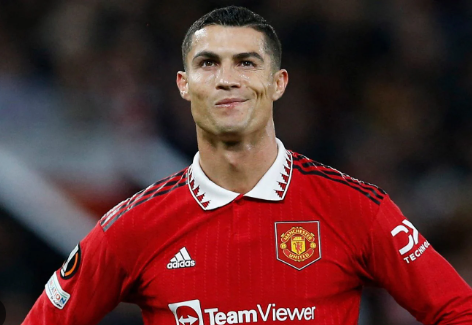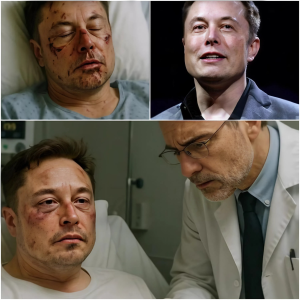
Cristiano Ronaldo was born on February 5, 1985, in the São Pedro parish of Funchal, Madeira, to father José Dinis Aveiro and mother Maria Dolores dos Santos Viveiros da Aveiro. As the youngest of four children, Ronaldo and his siblings lived in a cramped room in a modest house. His mother worked as a cook and cleaner, while his father, a city gardener, struggled with alcoholism. Although his family faced financial difficulties, Ronaldo’s passion for football was sparked early, playing for local clubs Andorinha and Nacional before catching the eye of Sporting CP scouts. when he was 12 years old.
In addition to financial difficulties, CR7 also faced personal challenges, including being expelled from school for throwing a chair at a teacher who he felt had belittled him. Additionally, being diagnosed with tachycardia at age 15 threatened his burgeoning football career. However, these obstacles do not discourage Ronaldo; instead, they seem to have fueled his determination to succeed. In his words: “Don’t let small obstacles get in the way of victory. Remember that you are stronger than the challenges you face.”

Ronaldo’s mother once believed that CR7 would become a construction worker if he did not have football talent.
Psychological research shows that childhood adversity can foster resilience and a strong work ethic, traits that are evident throughout Ronaldo’s career. His humble background provided him with a clear goal: escape poverty through football. This single goal led him to abandon formal education at the age of 14, a decision that, although unconventional, was a turning point in his rise to stardom.
Ronaldo’s mother, Dolores Aveiro, has spoken publicly about the difficulties they faced and how these experiences shaped her son’s personality. In an interview, she said Ronaldo would have become a builder without his football talent , thereby emphasizing the harsh choices that pushed him to excel on his chosen path. Ronaldo himself acknowledged the impact of this upbringing, once saying, “I’m living in a dream that I never want to wake up from ,” a testament to his gratitude for life. which he built from humble beginnings.

Ronaldo inspires many young players, including Kylian Mbappé.
Cristiano Ronaldo’s professional journey began at Sporting CP, where his skills quickly caught the attention of Manchester United coach Sir Alex Ferguson. He then moved to England, kicking off an illustrious career, winning many trophies, including five UEFA Champions League cups and seven national championship titles in three different countries . His personal achievements, including five Ballon d’Or awards , have cemented his status as one of the greatest players of all time. Ronaldo’s unwavering belief in his abilities is shown in his statement: “In my mind, not just this year, but always, I am always the best. And I will always say so .”
Ronaldo’s influence reaches far beyond the football field. His philanthropic efforts, including contributions to underprivileged communities and disaster relief funds, demonstrate a commitment to giving back – a value that can be traced back to his own experiences of poverty. Older brother. As a global icon, he has inspired countless individuals to pursue their dreams despite adversity. Ronaldo’s philanthropy reflects his understanding of the power of helping others, as he once said: “I won’t change the world. You won’t change the world. But we have can help – we can all help.”








